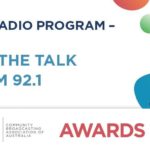Language and culture are tightly bound. Or are they?
Many speakers of the Australian language Dalabon are shifting to Kriol. But the two languages function in very different ways. Will speakers be able to translate relevant concepts over, despite linguistic differences?
We’re talking to Dr Maïa Ponsonnet on this episode of Talk the Talk.
Listen to this episode
You can listen to all the episodes of Talk the Talk by pasting this URL into your podlistener.
http://danielmidgley.com/talkthetalk/talk_classic.xmlPromo
A wide-ranging conversation with Tom and Daniel.
What is a vibe check, and how would you say it in Latin?
“Youre a linguist? How many languages do you speak?” Why does this question annoy linguists so much?
Also at https://www.patreon.com/posts/31709698
Full interview
Daniel and Hedvig talk to Jodie Kell and Steven Gagau about the PARADISEC database, the early episodes of Toksave, and the joys and perils of podcasting.
Link to Toksave
https://sydney.edu.au/music/our-research/research-areas/music-diversity/toksave-podcast.html
Also at https://www.patreon.com/posts/31735677
Leave That In!
North side, South side — lots of towns have them.
Why do robots still sound robotty in media depictions?
Spinster v bachelor: only one is positive.
Also at https://www.patreon.com/posts/31829956
Reflections on 387: The Language of Emotion
Welcome to… Reflections. 🎹
The story of this episode begins in April 2019, when I attended a seminar by Maïa Ponsonnet. (She works just down the hall from me at UWA.) I like tweeting sessions that I attend, so here is the tweet I made at the time.

Text: Ponsonnet @UWAresearch: When people shift to a different language, what happens in the way they express their thoughts?
Dalabon (NT) has diminutives, and they’re used a lot.
Now people are shifting to Kriol, which doesn’t have any diminutives. What are people using for this?
Since then, weve been planing a time when we could have Maïa on the show to talk about this, and now here it is.
Her work focuses on an interesting (but unfortunately not unique) situation. Here is a group of people who are switching from Dalabon (an Australian Aboriginal language of Arnhem Land) to Kriol (an English-based creole language). Structurally, the two languages are really different. So how will people express things in Kriol, when the morphological techniques theyre using in the old language are no longer available?
And the short answer is that people just go ahead and use whatever techniques are at their disposal. It doesnt seem to be a problem. People arent incapable of expressing a thing just because their language doesnt have the tools for it.
Thats good news. We all feel concerned about language loss, and for good reasons. However, this work removes one of the arguments for language maintenance — the one about how, when you lose a language, you lose a culture. Well, no, the culture is still there. The way things are encoded has to shift, but hey, it happens. So yay for cultural transmission, but concern about arguments for language maintenance? Thats an area Im going to have to think about before its time for Final Thoughts.
You know, Im enjoying the Final Thoughts bit, which comes just before reader comments and the signoff. Its a chance for me to sum up, and say anything I didnt get the chance to say. I tend to script that bit out.
Time to get to the edit. Thanks for reading… Reflections. 🎹
Also at https://www.patreon.com/posts/31666310
Patreon supporters
We’re very grateful for the support from our burgeoning community of patrons, including
- Adie
- Carolin
- Chris
- dcctor woh
- Lyssa
- Termy
- Andy
- Binh
- Bob
- Damien
- Dustin
- Elías
- Helen
- Jack
- Kitty
- Kristofer
- Larry
- Lord Mortis
- Matt
- Michael
- Whitney
You’re helping us to keep the talk happening!
We’re Because Language now, and you can become a Patreon supporter!
Depending on your level, you can get bonus episodes, mailouts, shoutouts, come to live episodes, and of course have membership in our Discord community.
Show notes
Speech pathologist teaches her dog to use a soundboard and now it communicates in sentences – Upworthy
https://www.upworthy.com/speech-pathologist-teaches-her-dog-to-use-a-speech-pad-and-now-it-communicates-in-sentences
Toksave: Culture Talks – Sydney Conservatorium of Music
https://sydney.edu.au/music/our-research/research-areas/music-diversity/toksave-podcast.html
Maïa Ponsonnet: Difference and Repetition in Language Shift to a Creole: The Expression of Emotions – CRC Press Book
https://www.crcpress.com/Difference-and-Repetition-in-Language-Shift-to-a-Creole-The-Expression/Ponsonnet/p/book/9781138601352
Emma Watson says she’s not single she’s ‘self-partnered’
https://www.news.com.au/entertainment/celebrity-life/hook-ups-break-ups/emma-watson-reveals-unusual-relationship-status/news-story/9909fcc6875aec7c2d61356bd630776c
Emma Watson says she’s ‘self-partnered’, the latest redefinition of single
https://www.smh.com.au/lifestyle/life-and-relationships/emma-watson-says-she-s-self-partnered-the-latest-redefinition-of-single-20191106-p537v7.html
Vibe Check | Know Your Meme
https://knowyourmeme.com/memes/vibe-check
Urban Dictionary: No cap
https://www.urbandictionary.com/define.php?term=No%20cap
Urban Dictionary: Capping
https://www.urbandictionary.com/define.php?term=Capping
What Does “No Cap” Mean? | Genius
https://genius.com/a/what-does-no-cap-mean
What does “Cap” “No Cap” and “Capping” mean? – DailyRapFacts
https://dailyrapfacts.com/5650/what-does-cap-no-cap-and-capping-mean/
Ben Carson: Gifted Hands
Google Books link
cap, n.⁵ — Green’s Dictionary of Slang
https://greensdictofslang.com/entry/cxhyspq
Transcript
We’re working our way back through the archives. If you think we should prioritise a transcript of this episode, let us know!








